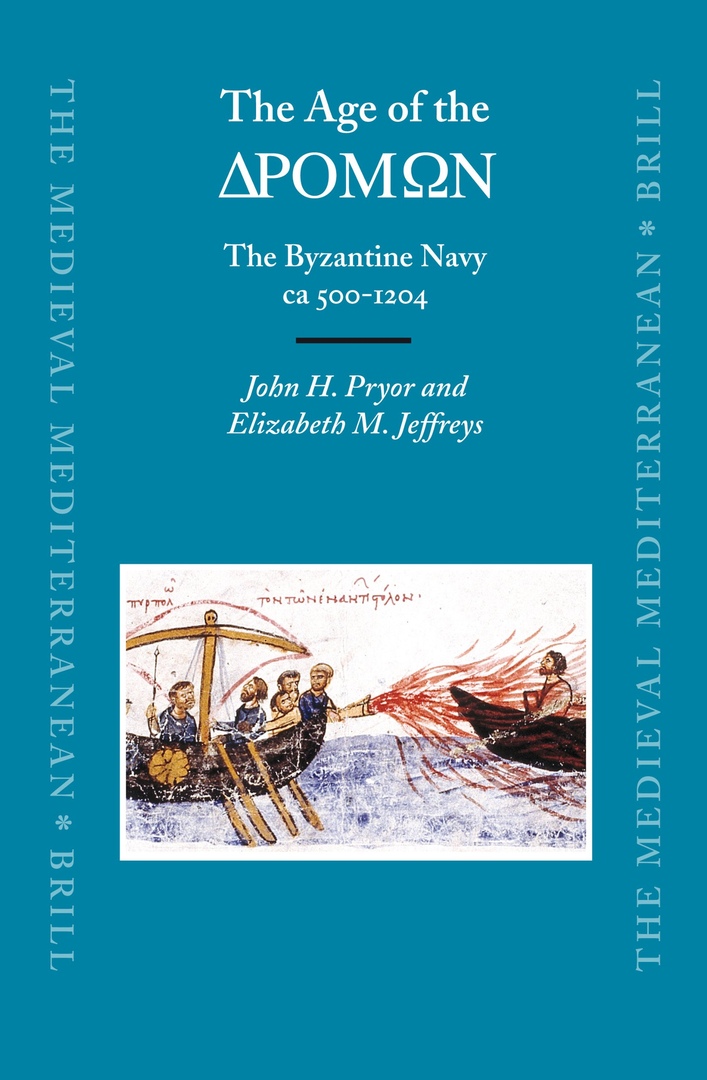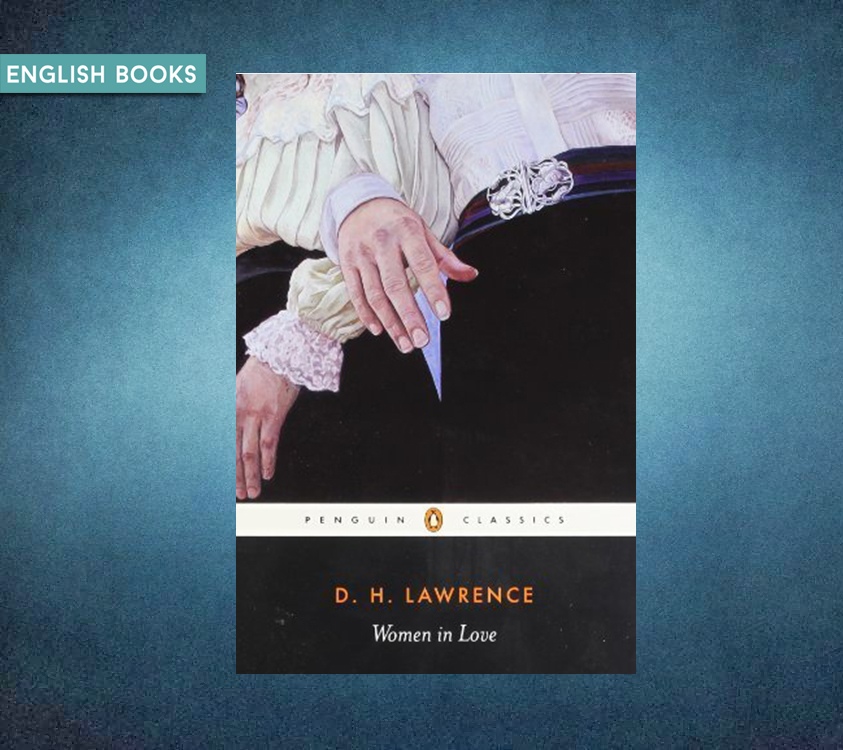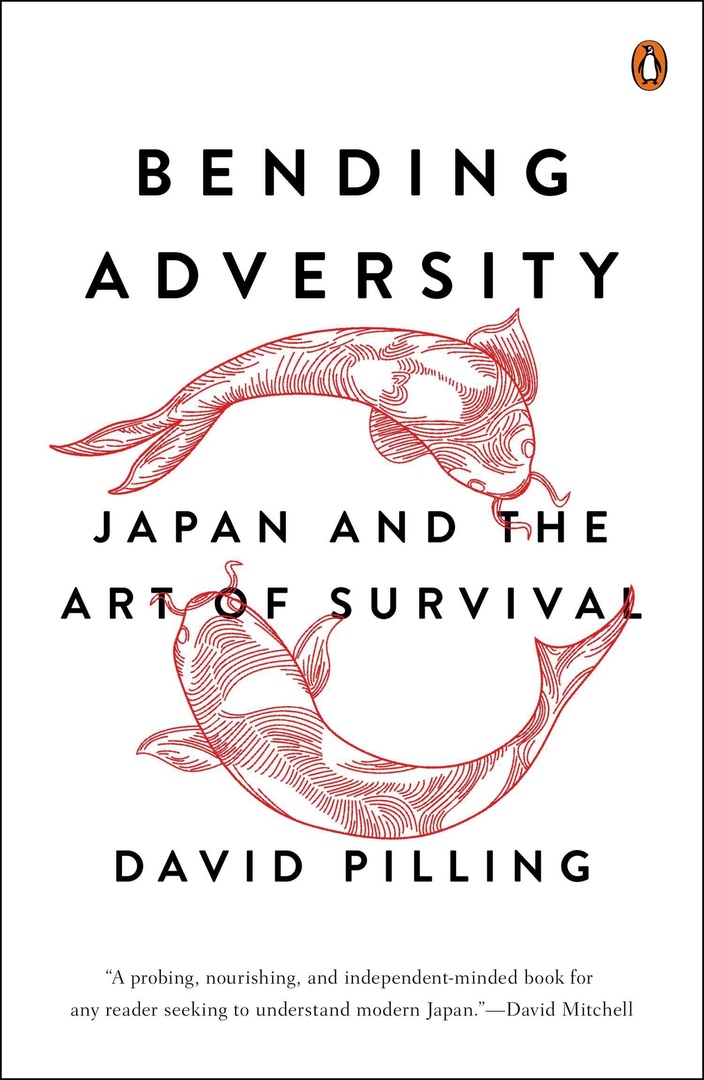Historical Dictionary of Sierra Leone –
1) Historical Dictionary of Sierra Leone – Magbaily C. Fyle
Scarecrow Press | 2006 | PDF
Sierra Leone was founded, albeit under British control, with the highest hopes of being a refuge for liberated Africans and freed slaves. When the country received its independence, hopes for the future grew even stronger. Alas, its expectations came crashing down when the country’s situation grew steadily worse after repeated military interventions and a devastating ten-year civil war that raged throughout the 1990s. Now that the war is over, there is once again renewed cause for optimism about the country’s future, as Sierra Leone becomes an active participant in African and world affairs.
This new edition is based primarily on recent research on the country, but covers the earliest known inhabitants, the colonial era, and the period of independence including the very confusing turmoil of the recent past. The chronology briefly traces its history and the introduction provides an essential overview of all the recent developments in the country. Hundreds of cross-referenced dictionary entries describe significant leaders, events, political parties and movements, ethnic groups, and related political, economic, and social aspects. A bibliography is included to facilitate further research.
2) Historical Dictionary of Guinea – Thomas E. O’Toole
Scarecrow Press | 1995 | EPUB
The most significant thing about Guinea is its potential. It is strategically located in West Africa, with a well-educated and hardworking population, and endowed with considerable natural resources, indeed, enough to make it reasonably affluent if properly utilized. But this potential has never really been tapped, due mainly to bad politics with military men following a charismatic politician, until finally democracy has been achieved. So, more than half-a-century after achieving independence, the question remains unanswered: which way will Guinea turn?
3) Historical Dictionary of Senegal – Clark Andrew F.
Scarecrow Press | 1994 | EPUB
In entries of a paragraph to a couple of pages long, provides information on the history, economics, politics, and society of the African country where Islamic and coastal elements merge. Includes an extensive, unannotated bibliography of works in French and English. Updated, but not expanded, from the 1981 first edition (by Lucie G. Colvin). Annotation copyright Book News, Inc. Portland, Or.
4) Historical Dictionary of Mali – Pascal James Imperato
Scarecrow Press | 1996 | EPUB
Mali is currently the seventh largest country in Africa. It shares borders with Mauritania and Senegal in the west, Algeria in the north, Guinea and Ivory Coast in the south, and Burkina Faso and Niger in the east. After decades of dictatorship, in 1992, a new democratic constitution was adopted and today Mali is one of the most politically and socially stable countries in Africa. While Mali still has a long way to go with their economy―they are considered to be among the 10 poorest countries in the world―they continue to make progress and their increase in cereal and gold production are steps in the right direction.
5) Historical Dictionary of the Gambia – Arnold Hughes, David Perfect Scarecrow Press | 2008 | PDF
The Gambia achieved its independence from Great Britain on February 18, 1965 and became mainland Africa’s smallest state. Despite its small size and population, it was able to establish itself as a functioning parliamentary democracy for nearly 30 years, avoiding the common fate of other African countries, which soon fell under authoritarian single-party rule or experienced military coups. In addition, its political stability and modest economic success enabled it to avoid remaining under British domination or being absorbed by its larger French-speaking neighbor, Senegal, as anticipated by many at the country’s birth. It was also able to defeat an attempted coup d’état in July 1981. However, just as other African states were returning to democratic government, Gambian democracy finally succumbed to a military coup on July 22, 1994. Since then, the restoration of democracy has remained incomplete and disputed, as does the military successor government’s attempts to meet the country’s economic and social needs.
The fourth edition of the Historical Dictionary of The Gambia―through its chronology, introductory essay, appendixes, map, bibliography, and hundreds of cross-referenced dictionary entries on important persons, places, events, institutions, and significant political, economic, social, and cultural aspects―provides an important reference on this burgeoning African country.
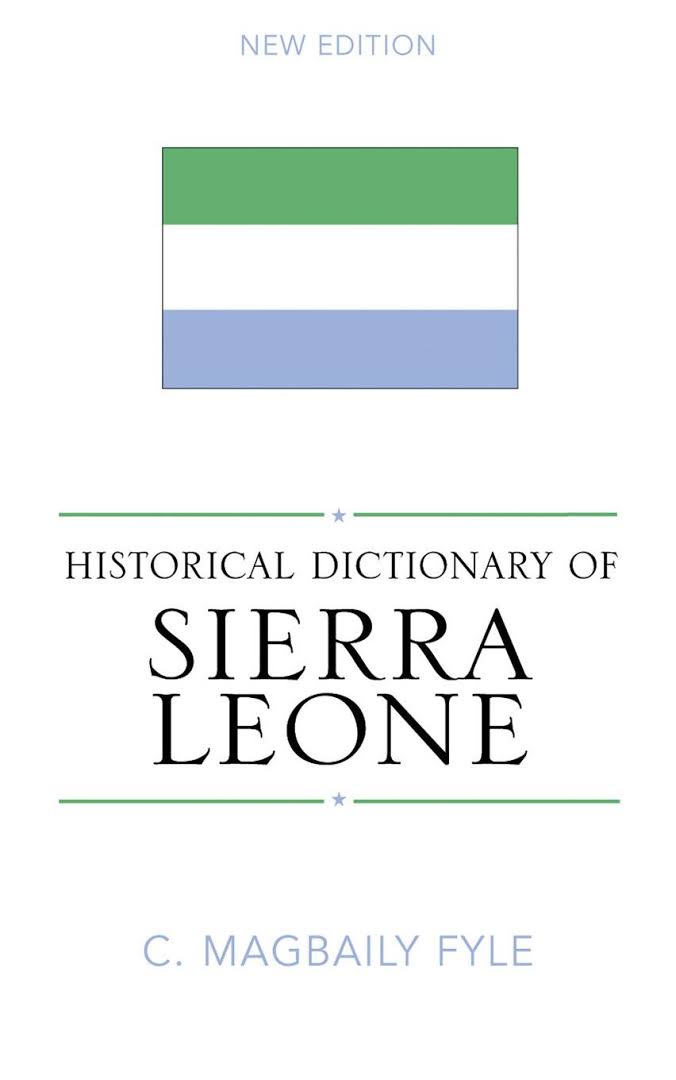 1 / 5
1 / 5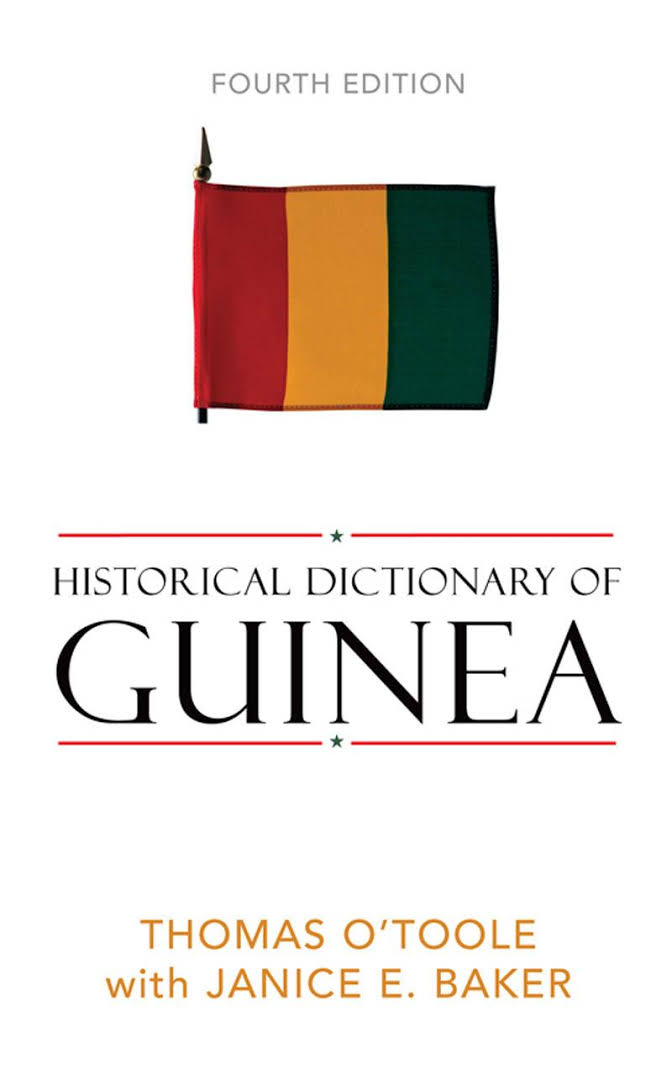 2 / 5
2 / 5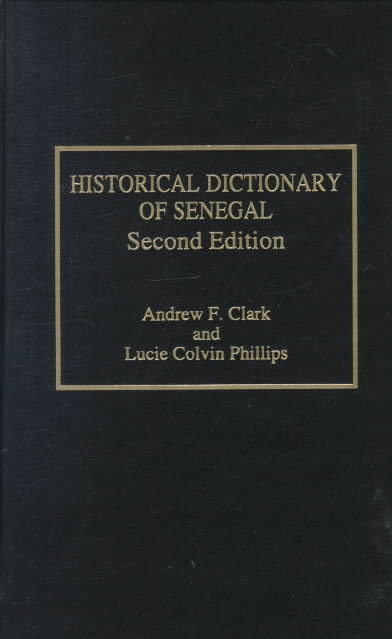 3 / 5
3 / 5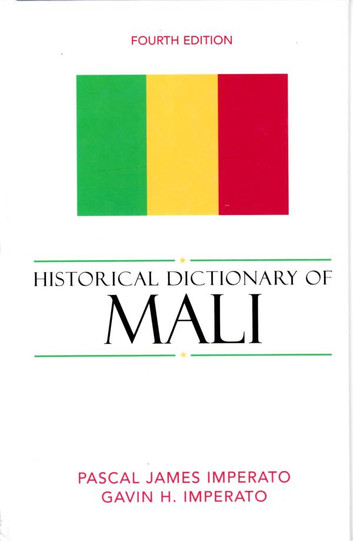 4 / 5
4 / 5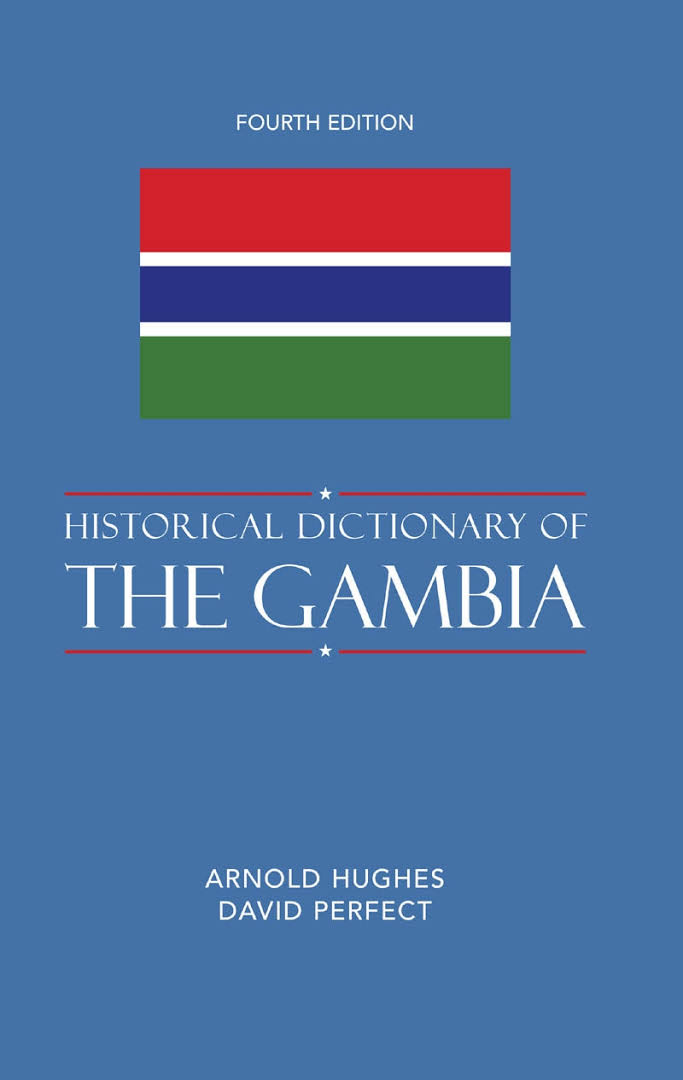 5 / 5
5 / 5